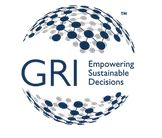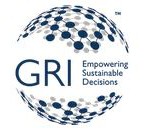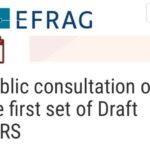
The second set of draft GRI Sustainability Reporting Standards (GRI Standards) is now available for public comment until 17 July 2016. This latest set of 30 topic-specific, draft GRI Standards is based on the Aspects from the G4 Guidelines, and each covers a separate sustainability topic, such as Anti-corruption, Emissions, Biodiversity, or Child labor.
The new exposure drafts are a part of the Transition to Standards project, initiated in November 2015 by the Global Sustainability Standards Board (GSSB). The project aims to combine the content of the G4 Guidelines and the Implementation Manual to form a new set of modular, interrelated GRI Standards. This new structure will enable individual Standards to be updated independently in the future, thus keeping the Standards relevant in today’s rapidly-evolving sustainability reporting landscape. This will also enhance the credibility and uptake of GRI Standards, and allow them to be referenced more broadly in policy initiatives around the world.
Although most G4 Aspects will form the basis for an individual Standard, some Aspects have been merged in order to reduce duplication. For example, the G4 Aspects ‘Marketing and Communications’ and ‘Product and Service Labelling’ have been combined into one Standard on ‘Marketing and labeling’. Also the two social compliance-related Aspects have been merged into one Standard on ‘Social Compliance’. Each topic-specific GRI Standard now includes a new background context section, along with a clearer distinction between requirements, recommendations, and guidance.
“The GRI G4 Guidelines are already the most widely used framework for sustainability reporting in the world. Our transition to Standards is designed to scale up our reach even further,’ said Eric Hespenheide, Chair of the Global Sustainability Standards Board (GSSB). “The improved structure, format and presentation of GRI Standards, as well as the fact that individual Standards can be used alone, will open up reporting to thousands of organizations that have not yet begun disclosing their broader economic, environmental and social impacts. We are also transitioning from periodic to continual updates of GRI Standards, as market and stakeholder demands evolve.”
Organizations preparing a sustainability report ‘in accordance’ with the GRI Standards will select only the relevant topic-specific Standards, based on their material topics. However, the Standards can also be used and referenced independently, to allow reporting on a specific sustainability subject. This will give reporting organizations more flexibility and make sustainability reporting more accessible for new reporters, including small and medium-sized enterprises.
Comments on the revised format and structure of GRI Standards can be submitted via the GRI Consultation Platform. Public exposure of GRI Standards ensures they are developed through a multi-stakeholder approach, as set out in the Due Process Protocol.
The public comment period for all draft GRI Standards ends 17 July 2016. On 15 June 2016, GRI will host a webinar with more details on the transition to Standards. Register for the webinar here.



